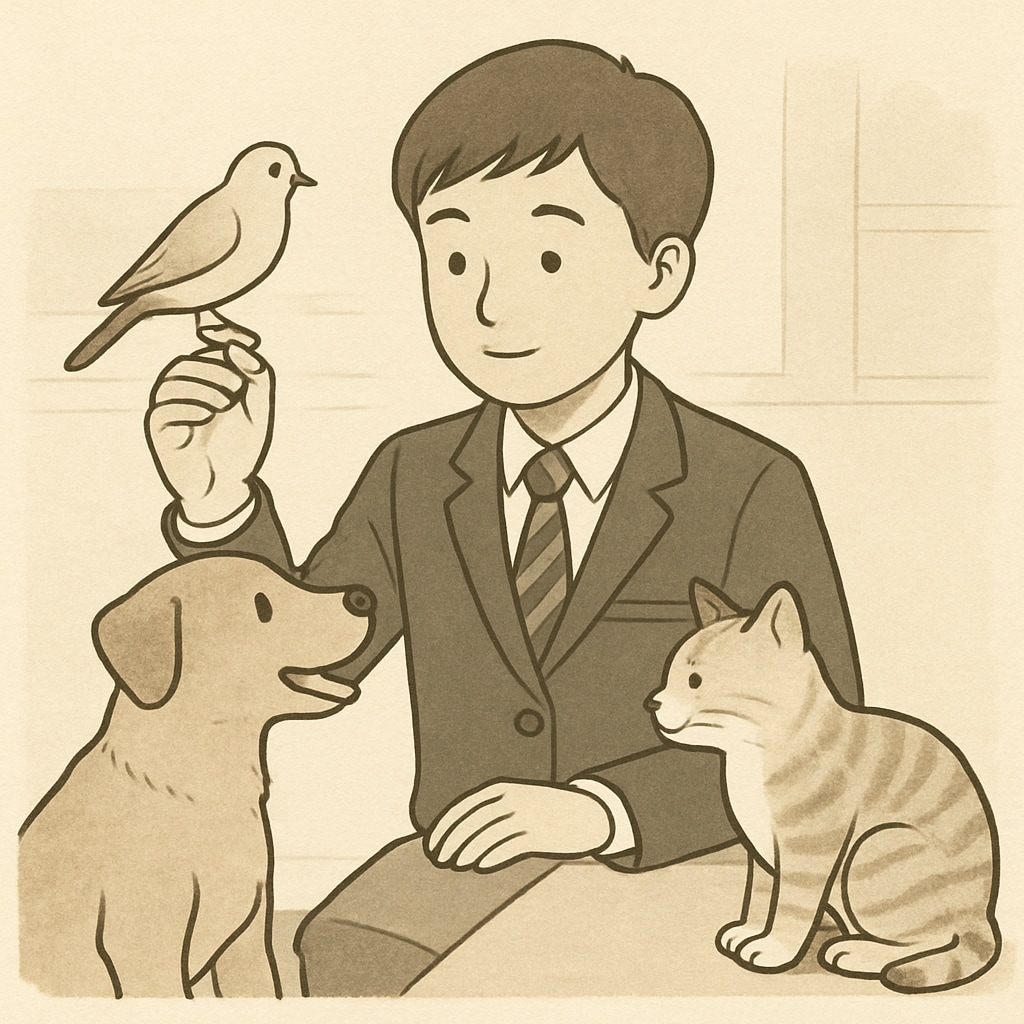For many young people in the UK, GCSE qualifications serve as a vital stepping stone toward future career opportunities. However, the absence of these qualifications can create significant barriers, particularly for individuals passionate about niche fields such as animal care. This article examines the challenges faced by a 19-year-old aspiring to work with animals, highlights the limitations of the current educational evaluation system, and emphasizes the need for alternative education pathways and support mechanisms.
How GCSE Qualifications Shape Career Prospects
General Certificate of Secondary Education (GCSE) exams are a cornerstone of the UK’s education system. These qualifications often act as gatekeepers for further education and employment. For example, many vocational courses or apprenticeships require a minimum number of GCSEs, particularly in subjects like English and Maths.
Without these qualifications, young people may find themselves excluded from educational opportunities or entry-level positions. This is particularly true in specialized fields, such as animal care, where foundational knowledge and certifications are often prerequisites for training programs or jobs. For young individuals passionate about working with animals, this can feel like an insurmountable hurdle.

The Case of a 19-Year-Old Aspiring Animal Care Worker
Consider the story of a 19-year-old in the UK who dreams of working with animals. Without GCSE qualifications, they face limited access to vocational courses and apprenticeships in animal care. Many training programs in this field require at least a Grade 4 in GCSE English and Maths, leaving those without these grades unable to progress.
In addition to these institutional barriers, societal stigma around “failing” to achieve GCSEs can exacerbate the issue. Young people internalize these failures and often lose confidence in their abilities, further narrowing their career options. As a result, their aspirations, such as becoming a veterinary assistant or animal trainer, remain out of reach.
Why the Current Education System Falls Short
The reliance on GCSEs as a one-size-fits-all metric for success highlights a significant flaw in the UK education system. While GCSEs are designed to measure academic ability, they fail to account for diverse learning styles, socioeconomic barriers, or non-academic talents.
For instance:
- Some students excel in hands-on, practical environments but struggle in traditional classroom settings.
- Others face challenges such as learning disabilities, mental health issues, or difficult home environments that hinder academic performance.
- Socioeconomic factors, such as lack of access to quality tutoring or resources, can also play a significant role.
By placing such heavy emphasis on GCSE results, the system risks sidelining those who may thrive in alternative educational or vocational pathways. This creates a cycle where young people are excluded from opportunities, not because they lack potential but because they do not fit the traditional mold.
Building Inclusive and Flexible Education Models
To address these challenges, it is essential to advocate for more inclusive and flexible education pathways. Here are several steps that could help young people overcome the barriers posed by missing GCSE qualifications:
- Alternative Qualifications: Programs like Functional Skills qualifications in English and Maths can serve as equivalent certifications, allowing young people to meet entry requirements for vocational courses.
- Apprenticeships: Expanding apprenticeship opportunities that do not require GCSEs can provide hands-on experience while allowing individuals to earn qualifications on the job.
- Mentorship and Support: Providing access to mentors or career advisors can help young people navigate alternative pathways and regain confidence in their abilities.
- Government and Institutional Support: Policies aimed at reducing educational inequality, such as funding for remedial courses or targeted programs for disadvantaged youth, can make a significant difference.

Conclusion: Empowering Youth Beyond GCSEs
The story of the 19-year-old aspiring to work with animals underscores the urgent need to rethink how we evaluate and support young people in their educational and career journeys. While GCSE qualifications remain an important benchmark, they should not be the sole determinant of success. By creating diverse and inclusive pathways, we can ensure that every young person—regardless of their academic background—has the chance to pursue their dreams and contribute meaningfully to society.
Key Takeaway: Breaking down educational barriers requires systemic change, but it also starts with recognizing the potential in every individual and supporting them through flexible and equitable opportunities.


